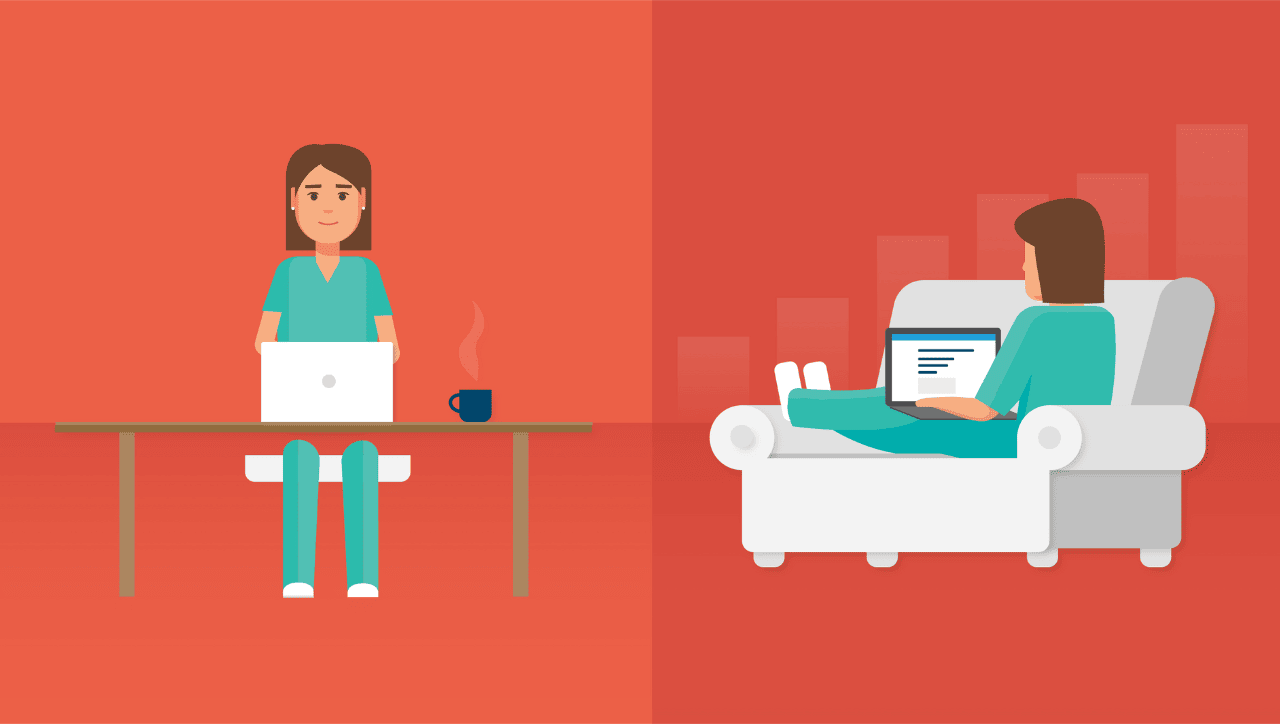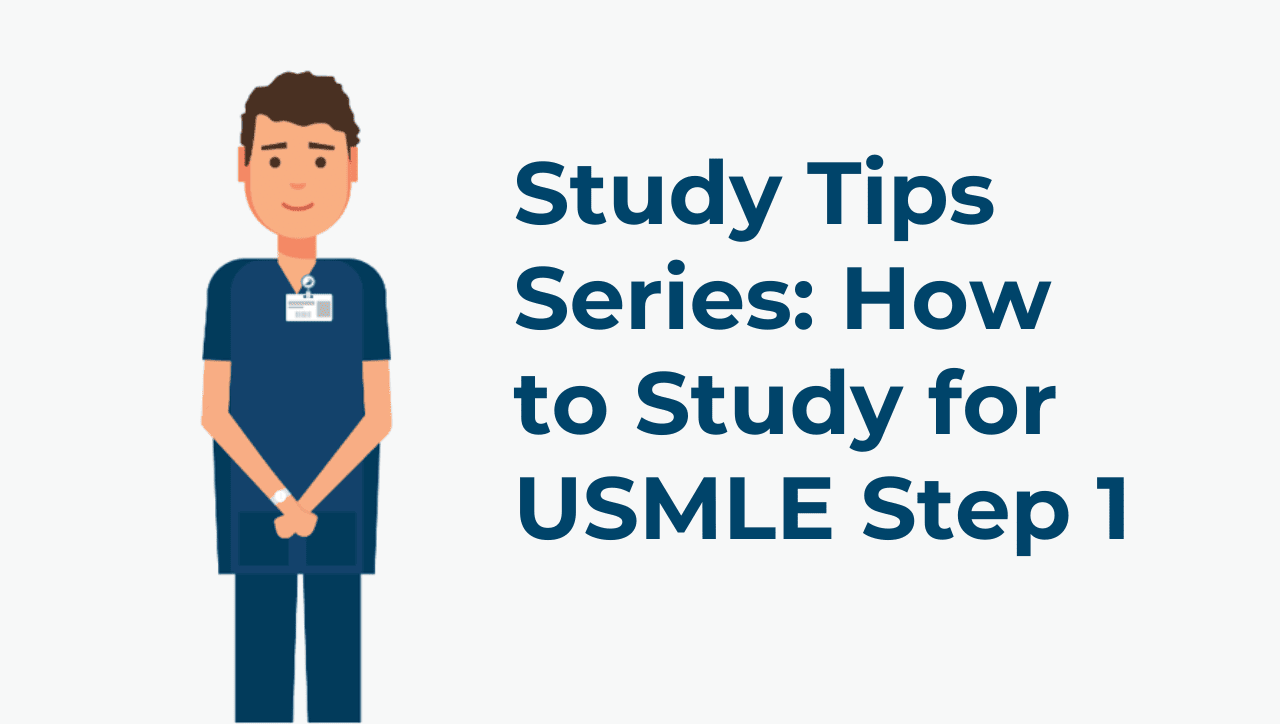7 Tips for Acing Your Residency Interview
Interviewing is an art. You’ve put together a polished application to residency programs and have gotten your interview requests. Now it’s time to put yourself into the spotlight and land your first choice of residency.
While interviews can definitely be intimidating, we’ve put together a list of residency interview advice to help you succeed.
1. Different Interview Types Require Different Types of Preparation
Different types of interviews require different types of preparation. For example, when preparing for an in-person interview, it’s a good idea to have a friend, colleague or mentor do a mock-interview with you so you will be more comfortable answering questions about your experience face-to-face.
When you prepare for a video interview, you’ll want to make sure you’re in a quiet place, you’re wearing attire you’d usually wear to an in-person interview and that the backdrop you’ll be in front of is distraction-free.
When preparing for a phone interview, it’s especially helpful to print out a picture of the person you’re interviewing with (Google their name), and speak to the photo as if you were speaking to that person face-to-face. This creates a feeling of familiarity and could decrease any uncomfortable feelings you may be having.
2. Starting Off, Your Time to Shine
Once pleasantries are out of the way, your interviewer is highly likely to ask one question: “Tell me about yourself.”
Make sure your elevator pitch is well-rehearsed and hits everything you want to highlight about your experience, while also mentioning a personal facts about yourself (hometown, hobbies, favorite sports team, etc).
3. Behavioral Questions 101
This is an interview, so you’re going to be asked a TON of questions. Even though you’re well-prepped and know your experience inside and out, behavioral interview questions often cause a candidate to stumble.
To approach these types of questions, it’s best to follow this formulaic approach: describe a situation in detail, tell what course of action you took and share what the result was.
Examples of behavioral questions include:
- Tell me about a time you worked effectively under pressure.
- Tell me about a stressful situation you experienced in medical school and how you handled it.
- Tell me about a time you made a mistake and had to tell a resident or attending.
- Tell me how you would you deal with a resident who wasn’t doing his share of the work.
4. Keep Your Cool
While most users on Reddit claim their interviews were ‘laid back’, it’s important to keep your cool during your interview.
User ‘ArmyOrtho’ describes a situation in which a PD handed him a nut and a bolt, and stated he was to thread the two together using only his left hand, all while being questioned about his experience. The interview is described as ‘high pressure’ with the PD grilling the candidate about a B-.
When the interview comes to a close, the PD asked for the nut and bolt to see if they were threaded as requested. Little did the candidate know they were different sizes and it was impossible to thread. The PD later said that the he didn’t care about the B-, all he cared about was that the candidate could do well under pressure and keep his cool.
5. Using the Internet Is Not Cheating
We live in a world where information can be shared so freely, so why not take advantage of it? BenWhite.com has a fantastic list of interview questions that have been asked over the years.
Student Doctor Network’s forums are also an excellent place to do research; some threads even list the exact questions that were asked at specific programs. Again, this is not a form of cheating your way through the interview. It’s a way for you to be better prepare and be informed going into it.
6. Ask Questions
It’s inevitable that at the end of the interview you’re going to be asked, “Do you have any questions for me?”
Just as you were able to set your stage at the beginning of the residency interview with your elevator pitch, this is your chance to finalize your impression or change perceptions if you think things may not be going your way. You’ll want to come into the interview with 5-10 questions you want to ask, assuming some of them will be answered throughout your interview, and ultimately asking three to five of them.
Turning again to Reddit, here is a large collection of solid questions you can ask.
7. You Know More Than You Think
The worst thing you can do during an interview is doubt yourself. You’ve been on this journey in medicine for years, and you’ve put in countless hours of studying and work. You know more than you think you know. You’ve got this. Go out and ace it.


